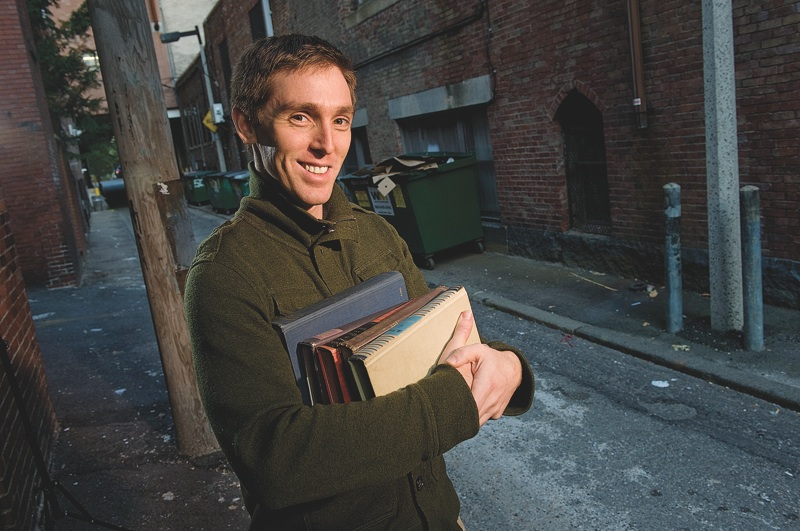Israeli court rejects Palestinian planning rights in West Bank
Israel's Supreme Court has dismissed a Palestinian petition that sought an end to the Tel Aviv regime’s discriminatory housing policies in the occupied West Bank.
The Tuesday ruling against granting local planning rights to the Palestinians torpedoed an earlier petition lodged by residents of Ad-Deirat Rifaiyya – a village of 1,800 residents in the southern West Bank - and local human rights organizations.
The appeal had sought to end Israel's iron grip on all planning matters in what is known as Area C, which covers more than 60 percent of the occupied West Bank, give Palestinians control over their own planning, and curb the practice of house demolitions.
Rabbis for Human Rights, a local rights group, censured the ruling as "legitimizing a regime of separation and discrimination."
"With this decision, the court has strengthened military control over the lives of millions of Palestinian residents at all levels of life in the West Bank," it said in a statement, adding, "A regime of separation and discrimination is amongst the darkest of possible regimes, and the court, in its ruling, missed this opportunity to stop the abuse” of power.
Palestinians had their own planning committees until the Six Day War in 1967. However, the committees were broken up following a 1971 military order, and special bodies were formed for settlements.

According to the United Nations, Area C covers 360,000 hectares (890,000 acres) of land. The Israeli regime has earmarked less than one percent of the terrain for Palestinian development in comparison with 70 percent for illegal settlements.
An estimated 298,000 Palestinians are living in the area, together with 341,000 Israelis in 135 settlements and about 100 outposts.
Israel has made it almost impossible for Palestinians to obtain building permits in the West Bank, and the scenario of Israeli bulldozers demolishing Palestinians' houses plays out hundreds of times a year.
Israel demolished 601 Palestinian-owned structures last year, leaving 1,215 people without a roof over their heads. The UN said the figure was the highest annual number of Palestinians affected by the policy since 2008.
MP/MHB/SS
Toxic waste removed from India's 1984 Bhopal gas tragedy site
Gaza police chief, deputy killed in airstrike on humanitarian zone
South Korea's Yoon vows to ‘fight until end’ despite facing arrest
Alawites targeted as HTS militants launch crackdown on Homs
VIDEO | Press TV's news headlines
Putin orders government, top bank to develop AI cooperation with China
Martyr Soleimani is beacon of inspiration for freedom seekers worldwide: Official
Chinese hackers breach US Treasury sanctions office: Report










 This makes it easy to access the Press TV website
This makes it easy to access the Press TV website